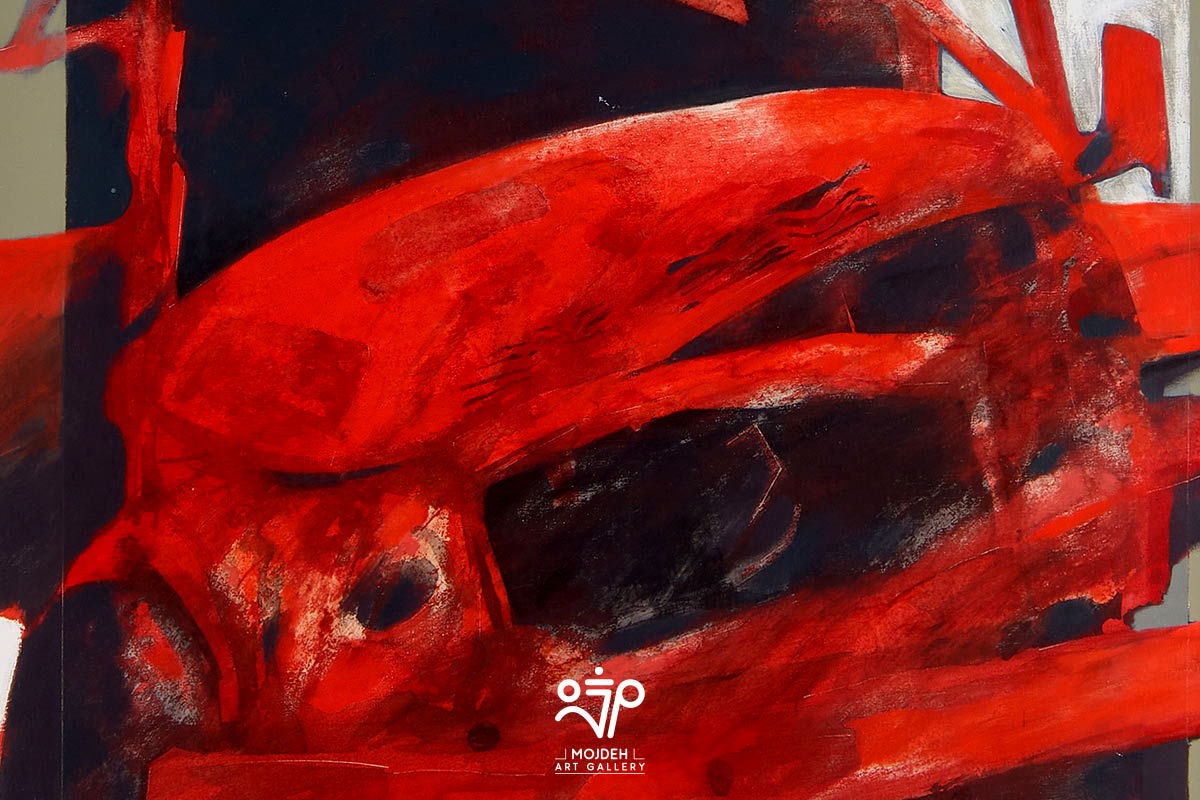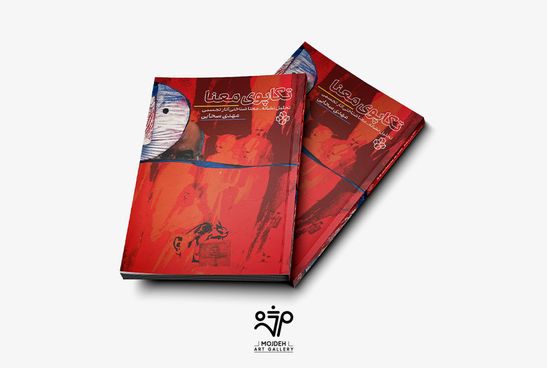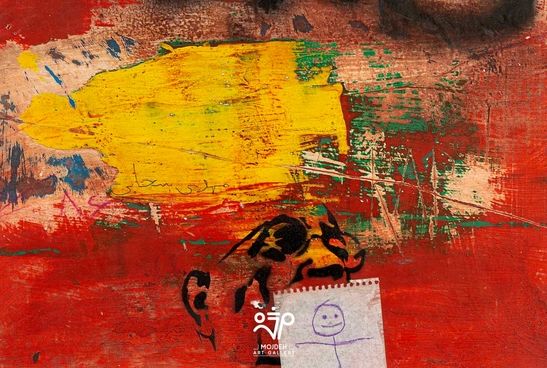Face and Faciality

Faces everywhere in Sahabi's works have a wide range. Sometimes it is seen directly and from the front, we see this type of face in the collections of "Portraits", "Figures", "Hoards of Achaemenids", and "Photographs". Sometimes the face is shown indirectly in his works, such faces are depicted in the collections of "Graffity", "totems", "puzzle machines" and "Junkyard Cars". In these collections, the face is always distorted and transformed in terms of visual form... The faciality between the figurality and figurativity illustration is a central theme in Sahabi's works. In order to understand the functions of faciality, we examine a short text of the phenomenology of perception by Maurice Merleau-Ponty about the seen face. The practice of "cognitive phenomenological suspension" (epoche) makes us see an "inverted" face that is separated from our visual habits. A two-fold question arises from the phenomenological suspension of the face: one is based on the visual event in which the face has passed the position of visual "criterion and model" (for example, beauty) and reaches a special position in the works of the Sahabi’s quartet (a scary and strange face); And the other is based on the relativity of the epoche, which has never been refined from all its modalities and is inevitably impregnated with cultural prefabs. These questions clarify the place of the face in Sahabi, which is both a sign and a symbol of the changed distorted imagery. We identify the paths of this transformation from fading to rupture, from fragmentation to crushing of the face through typology (using examples from the series we mentioned above). The semio-semantic analysis leads us to investigate the value dimension of the face, obvious and hidden, displayed and forbidden in Sahabi's works. This moral expectation that defines the faciality; Specific to the human himself and resulting from fragility, is displayed in the aesthetic gesture of Sahabi. An expectation expressed by Levinas: "What is specifically a face is not reducible to a face."
Denis Bertrand (Professor Emeritus, University of Paris 8-Vincennes-Saint-Denis. Paris. France.)
To read the full article, refer to the book In Search of Meaning


